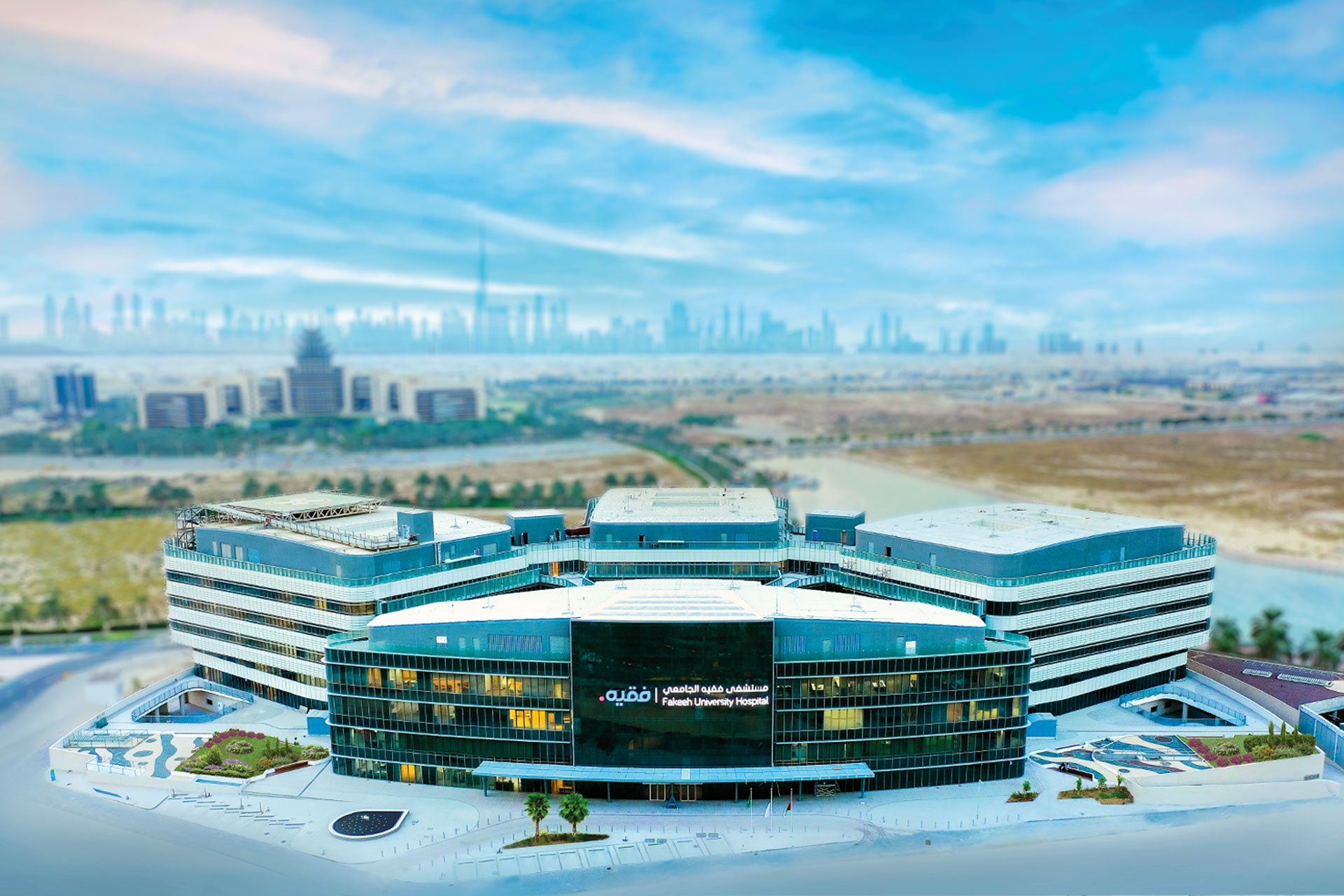Greening Healthcare in the Middle East: A Call to Action for Net-Zero Emissions
As healthcare professionals, we are committed to caring for people and healing communities. However, we cannot ignore the environmental impact of our work, especially in light of the pressing global challenge of climate change. In fact, the healthcare sector is responsible for 5% of global emissions, making it a significant contributor to the problem. It is our responsibility to consider the environmental impact of healthcare and work towards healing both people and the planet.
The article, "Mandatory Reporting of Emissions to Achieve Net-Zero Health Care" by Hardeep Singh, M.D., M.P.H., Matthew Eckelman, Ph.D., Donald M. Berwick, M.D., and Jodi D. Sherman, M.D., offers a systematic approach to understanding the reporting system better. Dr. Singh's panel discussion at HIMSS 2023 emphasizes the importance of addressing climate action in healthcare.
By using international standards like the Greenhouse Gas Protocol, we can make sure everyone is on the same page. Let's look at the three main types of emissions: direct, indirect from bought energy, and other indirect emissions. The last one, which is about 80% of healthcare emissions, should be our main goal for decarbonization efforts.
Making emissions reporting mandatory is a good start, but we need to do more. We need special goals for healthcare, considering factors linked to medical activity. This will help us make sure our decarbonization results focus on patients.
To see how we're doing, we need better ways to manage information and a central place to store data. This will help us find the best methods for creating healthcare systems that are low-carbon, focused on patients, and fair. We need automatic processes, good data-management systems, and changes to electronic health records to succeed.
At the Fakeeh Care Group, we've already taken steps to invest in environmentally-friendly buildings with LEED standards. For example, the Fakeeh University Hospital is the first teaching hospital with a LEED Gold certificate in the Middle East, and our upcoming investments will also follow LEED system requirements to support this initiative. We encourage other healthcare organizations to join us in making future sustainable projects happen in the region.
So, how can the Middle East make these changes? We need a plan with several steps:
• Use internationally accepted standards for reporting greenhouse-gas emissions.
• Encourage or require healthcare organizations to have a leader or team in charge of decarbonization.
• Create better ways to manage information for data collection, storage, and display.
• Bring in new policies to support a standard and organized reporting structure.
• Get different groups, like accreditation bodies, healthcare providers, and policymakers, to work together and build a helpful environment.
By taking these actions, healthcare systems in the Middle East can move faster towards a sustainable future. They can face climate change challenges while still providing excellent care.
Finally, let's encourage shared learning and spreading good practices. Working together with healthcare systems worldwide and supporting research on health services and climate change is important.
Together, we can make healthcare in the Middle East greener, stronger, and ready for the future. It's time to turn this global problem into a shared chance for new ideas and progress. Let's work together for a more sustainable world!

